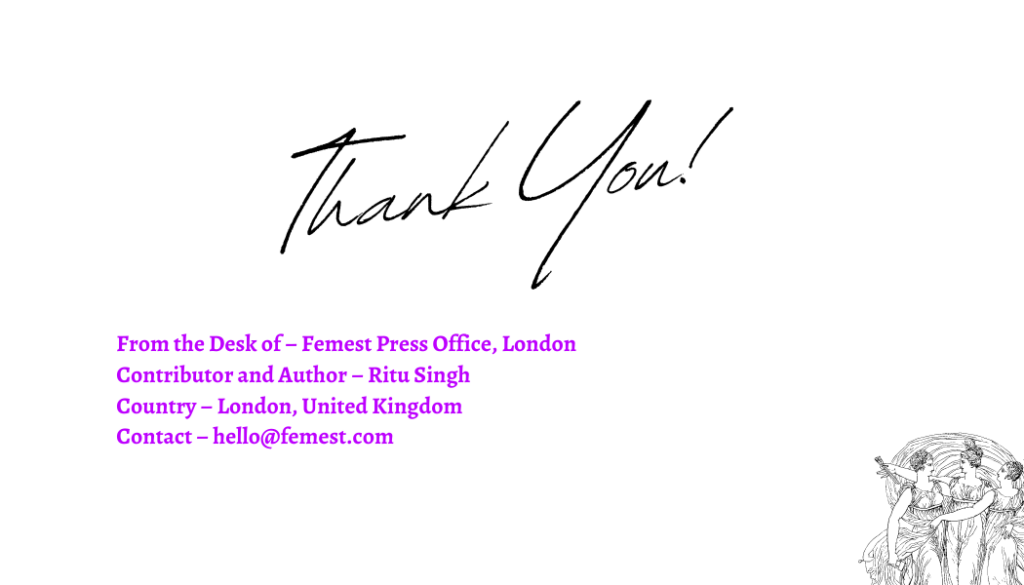Words Without Limits–Mariam’s Global Journey as an Author. Her life story unfolds with the same boundless freedom as her words.
She talks about how her different experiences have shaped her career and outlook, from her childhood as a “Third Culture Kid” to her current work as a famous author and economist. Explore more about her amazing story of how she was able to change and grow.
Mariam, Could you tell us a bit about yourself, offering insights into your background and your incredible journey as an author, writer, and speaker?
Sure, I’d be happy to. I am Pakistani by birth and Italian through marriage, but my identity is not confined to the passports that I hold. I am an author, writer, speaker, researcher and economist who was born into expat life, joining my parents on their first global expatriate assignment in 1982 in the Kingdom of Bahrain.
I grew up in Manama, New York City and Karachi. When I was 19 years old, I left my home in Karachi with a blue suitcase and a one-way ticket to Boston’s Logan Airport, arriving shortly after 9/11. To date, I have lived in ten countries as both a Third Culture Kid (TCK) and an adult: The Kingdom of Bahrain, the United States (NY, MA, TX), Pakistan, the United Kingdom, Germany, Denmark, Singapore, the United Arab Emirates, Ghana and Portugal. I currently reside in Cascais, Portugal with my husband and three kids.
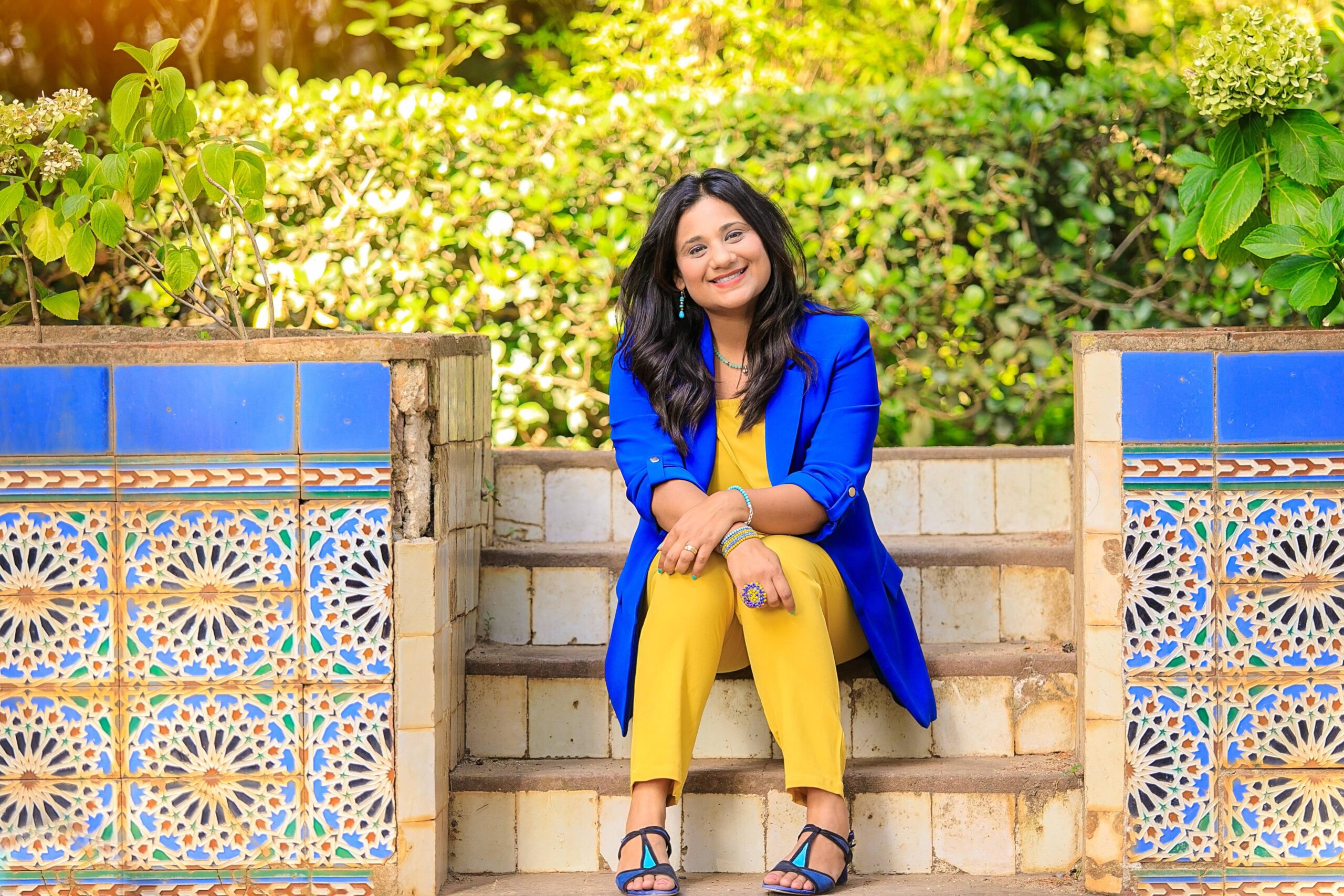
Growing up in multiple countries from a young age, how did these diverse experiences shape your identity and worldview?
I think being bilingual from birth was a huge advantage which helped me to become receptive to learning more languages later in life and eventually become multilingual. I also learned how to open myself up to new cultures and to the world at an early age which helped me to become a cultural chameleon; changing my colors depending on which part of the world I was in.
This led to being extremely adaptable to new surroundings as well. My worldview was always expanding which taught me how to practice ‘perspective-taking’: looking at an issue through multiple lens and viewpoints.
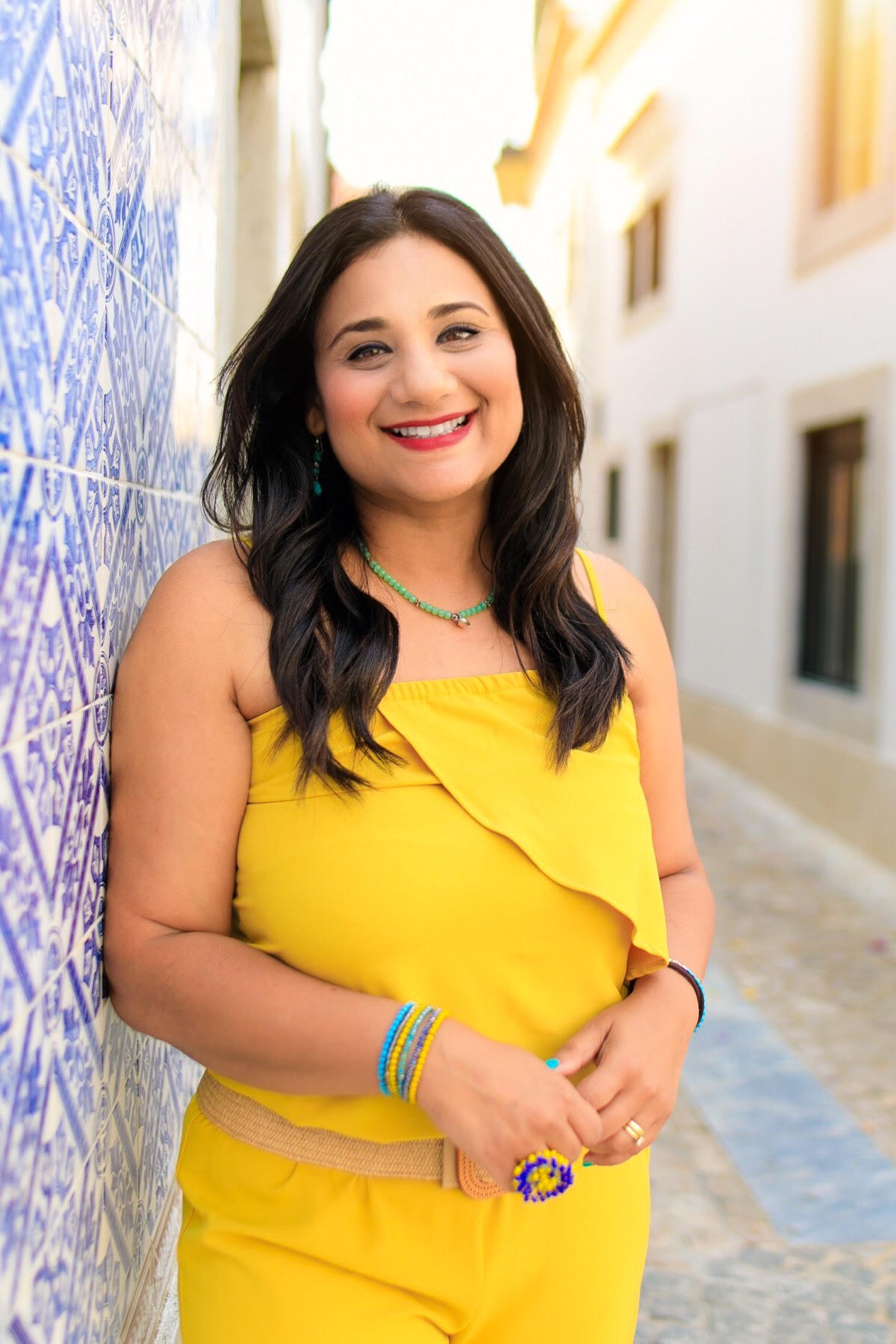
How did your multicultural upbringing influence your decision to pursue a career in economics and political science?
I think it directly impacted my decision to pursue a career in economics and political science. I was constantly comparing countries, their economic development patterns, the rate of growth, the level of inequality and trying to see how learnings from one could be applied to another.
My particular interest was to see how the European Economic Union could be replicated in South Asia. This is also why I left the US to go to the UK for an exchange year to take particular courses on the EU.
My decision to get a joint degree in Political Science was largely shaped by my experiences as a female, brown, Muslim, Pakistani, woman of color, living and studying by myself in the US shortly after 9/11, when unfortunately Islamophobia and racism towards Arab and Muslims was at its peak. It was a conscious attempt to make sense of the world I found myself in.
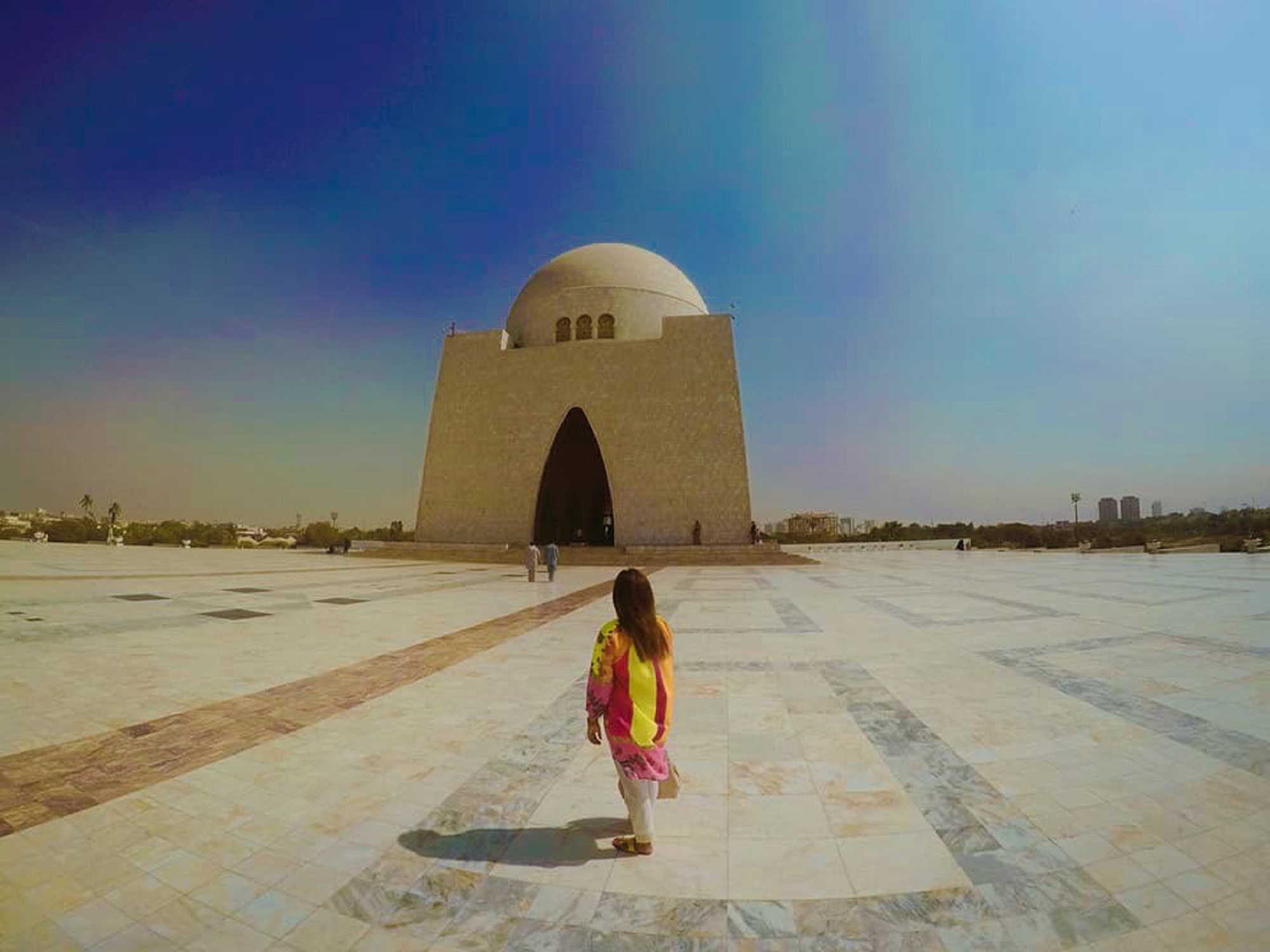
What motivated your transition from a corporate career in investment banking and oil trading to becoming a full-time writer?
Motherhood. Becoming a mother amidst yet another international move from Denmark to Singapore, and in a country where I had no support system led me to re-evaluating my career choice. But the truth was, I was exhausted from moving to a new country every few years and starting off each new adventure being unemployed.
My investment banking career in the US had been a grueling experience in working 70 to 80 hour weeks in Houston, but I gave that up when I moved to Germany after marriage. Being unemployed in Berlin, while trying to learn German through an intensive language course brought about its own loss of identity – professionally and linguistically.
I was grateful when we moved to Denmark for my husband’s career, and I could work as an economist in oil trading for a huge multinational in Copenhagen. But given our globally mobile lifestyle, it was becoming apparent that I needed a portable career.
I needed my career to complement my life and that’s when I seriously started contemplating a switch to full-time writing. Writing was something I’d always done on the side; at the time it was mostly business writing, and I had co-authored a book on South Asian economies along with a previous college professor and other students.
Can you share some challenges and rewards you encountered while making such a significant career change, especially during an international move?
I was five months pregnant with our first child when we left Denmark and moved to Singapore. When my husband went off for his first day at work, I remember vividly the feeling of not having a job, not having anywhere to go or anyone to meet.
Making this career change coincided with the process of moving to a new country and another massive change: becoming a mother, so the loss of identity at the age of 29 on all three fronts felt crippling on most days which was the biggest challenge. I remember some days still looking at finance jobs posted on LinkedIn, feeling the familiar urge to apply. Career changes definitely don’t happen overnight.

But the rewards soon started to show: I enjoyed flexible hours as I started writing part time first, then exposure as a content editor for a local lifestyle magazine in Singapore, a regular travel column and the chance to be published in expat magazines such as Expat Living Singapore and Expat Living Hong Kong.
I was able to establish myself rather quickly in the writing, thanks to a wealth of opportunities. For the first time in my life, I felt I had some work-life harmony between my new career as a writer and my new identity as a mother.
Living in ten countries across four continents, what have been the most significant cultural adjustments you’ve had to make?
Oh, there have been tons. I think in each culture, I’ve had to understand the do’s and don’ts, the cultural taboos and most importantly their method and approach to problem solving. In Denmark for example, I had to quickly learn the unspoken rule of Danish culture: Jantelovn.
This promotes an egalitarian society and a non-hierarchical culture at work which I enjoyed, but ironically stifles creativity, individualism and the ability to think ‘outside the box.’ Culture can be multifaceted too.
There is so much emphasis on ‘fitting in’, which is both subtle through clothing (Danes wear mostly black and greys and hardly any bright colors) and visible through a clear focus on group think. This was a really hard cultural adjustment to make for me, coming from the US.
In Ghana, I found that my usual problem-solving techniques of kicking up a fuss or getting angry as a customer simply didn’t work or help me in getting better customer service. In order to solve anything, I had to remain calm and collected in order to be productive. This was a huge cultural adjustment I had to make.
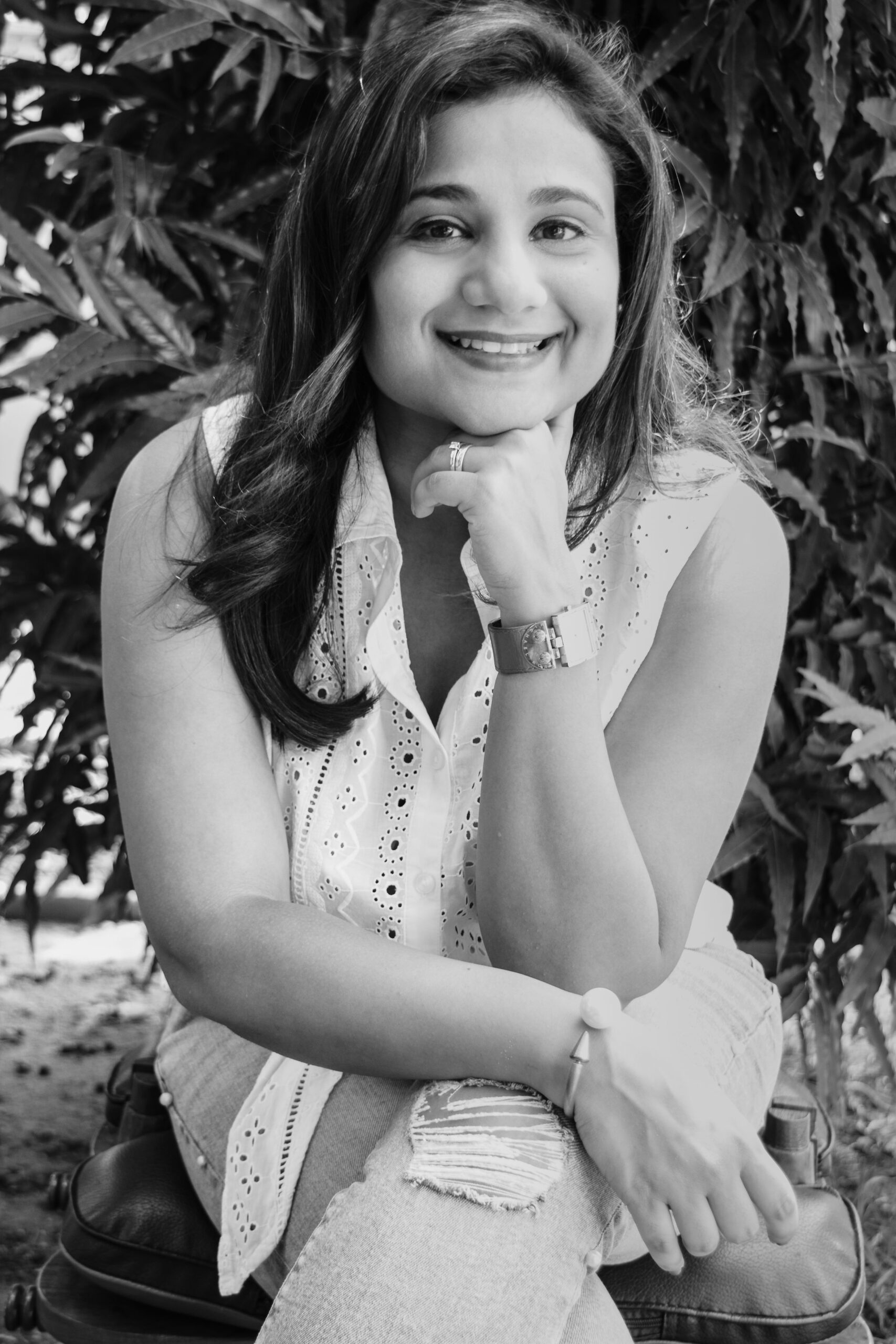
How do you navigate raising children in a multilingual and multicultural environment, and what strategies have you found effective?
Well, my first book ‘This Messy Mobile Life’ was written exactly to explore this question in depth to help other multicultural and multilingual families out there. I discuss many strategies in the book, but in general I find it helpful to acknowledge multicultural families need to get creative with their solutions as a one-size-fits-all approach may not work.
In our family for example, we focus on using our multicultural and multilingual background in creating our own traditions, rules and a family identity. We incorporate our own cultures but also borrow heavily from the culture of the country we happen to be living in.
We also give our three children the freedom to make up their minds about their own identity and understand that their parent’s cultures and languages and also the ones they pick up themselves as a result of living around the world will both play a huge role in their upbringing, sense of identity and belonging.
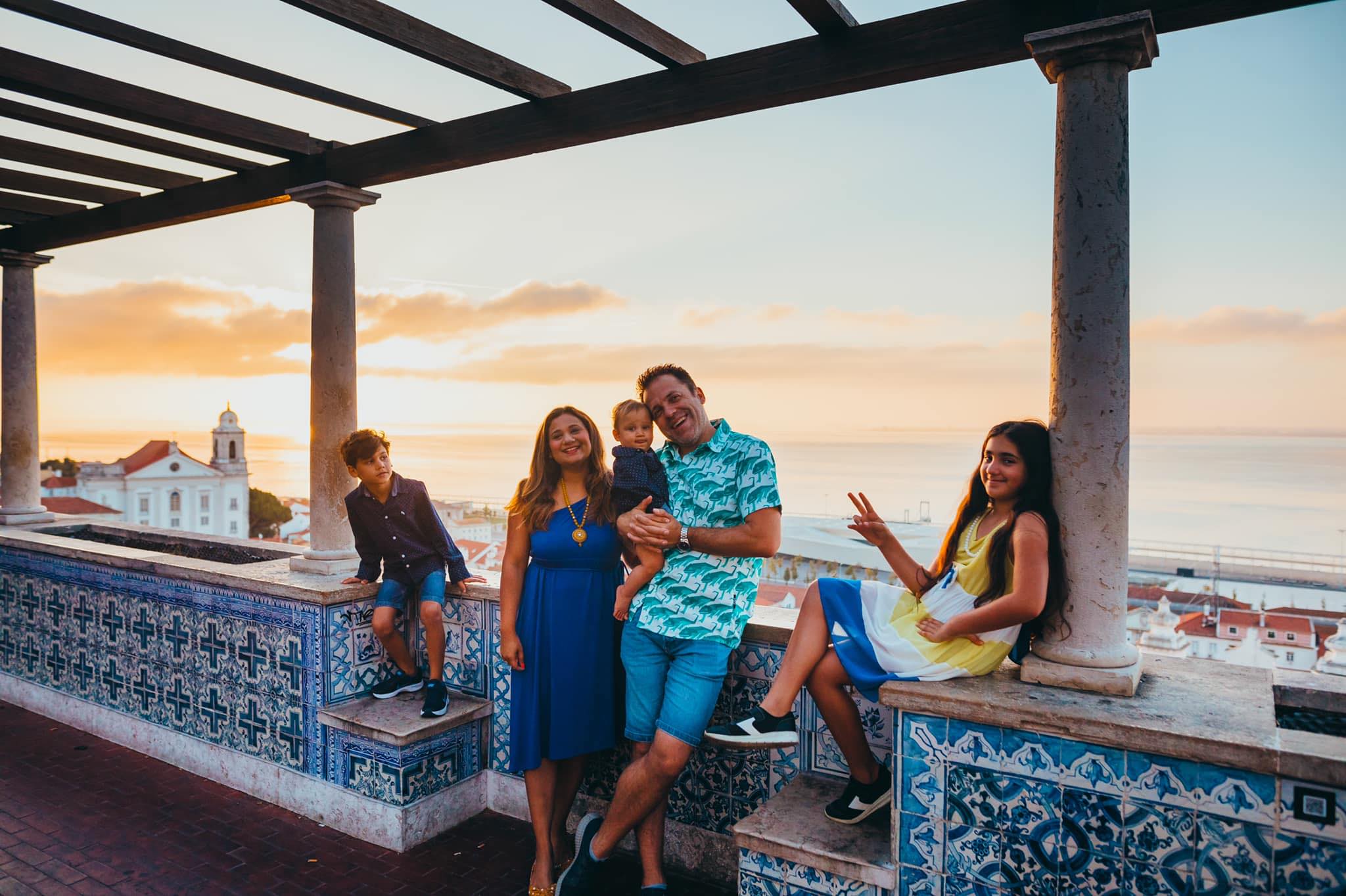
You speak several languages fluently and have some knowledge of others. How have your language skills helped you adapt to different cultures and countries?
I think speaking multiple languages helps us to become more flexible, to put ourselves in new shoes and to be able to find common ground and relate to new people, which are all hugely helpful in adapting to new cultures and countries.
I find that each language I have learned – whether it was German, Danish, Mandarin, Arabic, Italian, Twi or Portuguese – opened up a new lens for me to view the world. Learning a new language is so challenging, so I find that it also inculcates empathy and understanding for the other, specifically the expat, immigrant, migrant or refugee experience.
Languages are also about creating bonds and memories. My languages skills also mean that long after I have left a particular country, if I can still speak or understand its language, I remain connected to it. It’s the best gift this globally mobile life gives us; as it’s a gift for life.
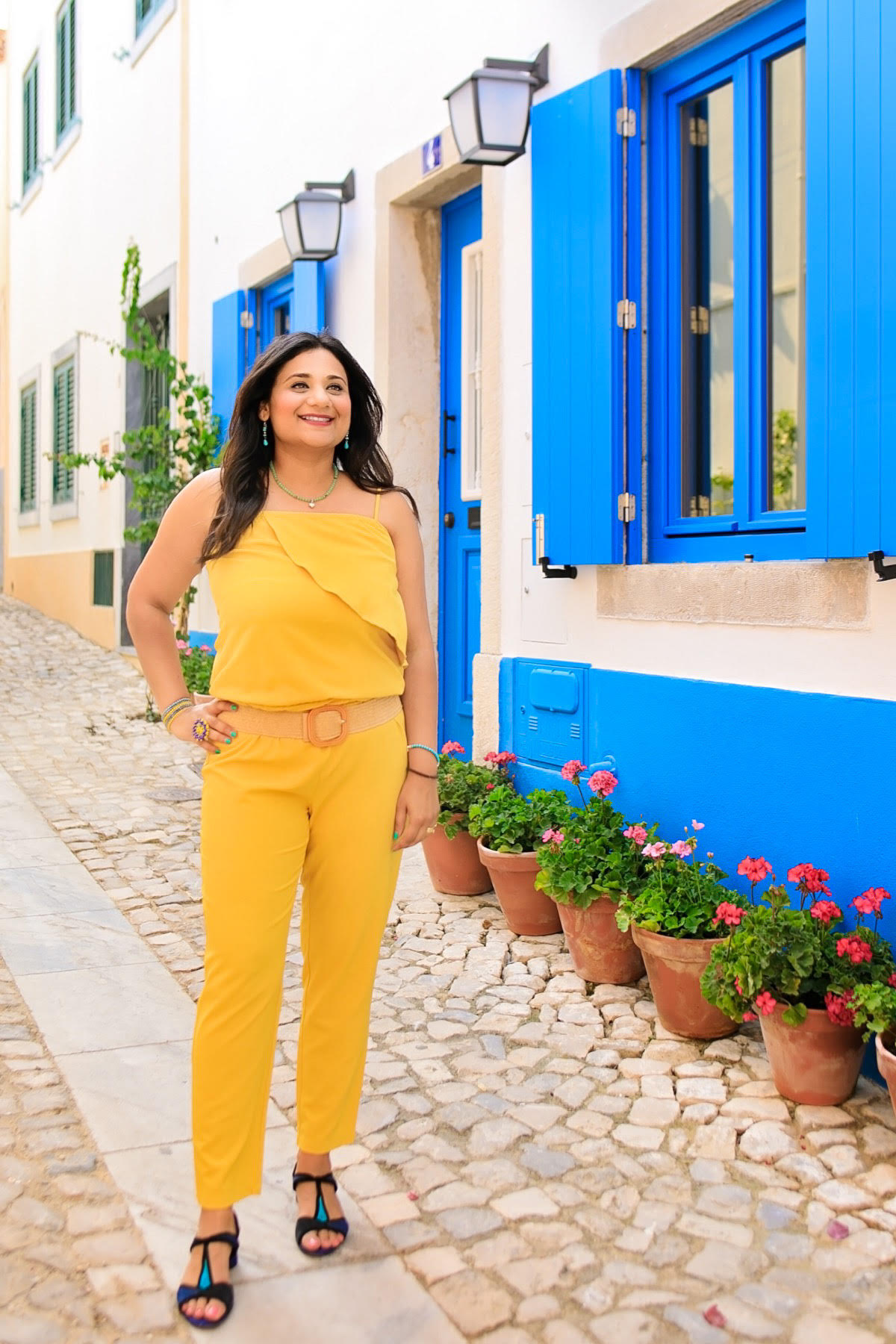
What inspired you to start your blog ‘And Then We Moved To’, and how has it evolved over the years?
The inspiration behind my blog ‘And Then We Moved To’ was to provide strategies, tips, tools and resources for individuals and families living on the move and facing constant transition. Over the years, storytelling and story sharing became a huge part of the blog as well as we learned through each other’s experiences.
I started the blog while living in Dubai in 2016 and since then the blog has evolved into a brand and two books on global living. I have met such incredible people through the blog which is definitely my favorite part as connection and community are so important in the globally mobile world.
What advice do you have for expat families facing constant transitions and the challenges of a mobile lifestyle?
I’d like to share two things. First: I see many expat families focusing on the 30% of the move (the practical and logistical aspect), while ignoring or being woefully unprepared for the whopping 70% of the move (your emotional and mental well-being before, during and after an international move).
Give the 30% the attention it deserves, but don’t forget to prepare for the 70% which includes facing culture shock, learning the basics of transition and how to help your family move in a healthy way. Which brings me to the second point. In order to move in a healthy way, you need to give yourself and your children a toolbox to handle transition.
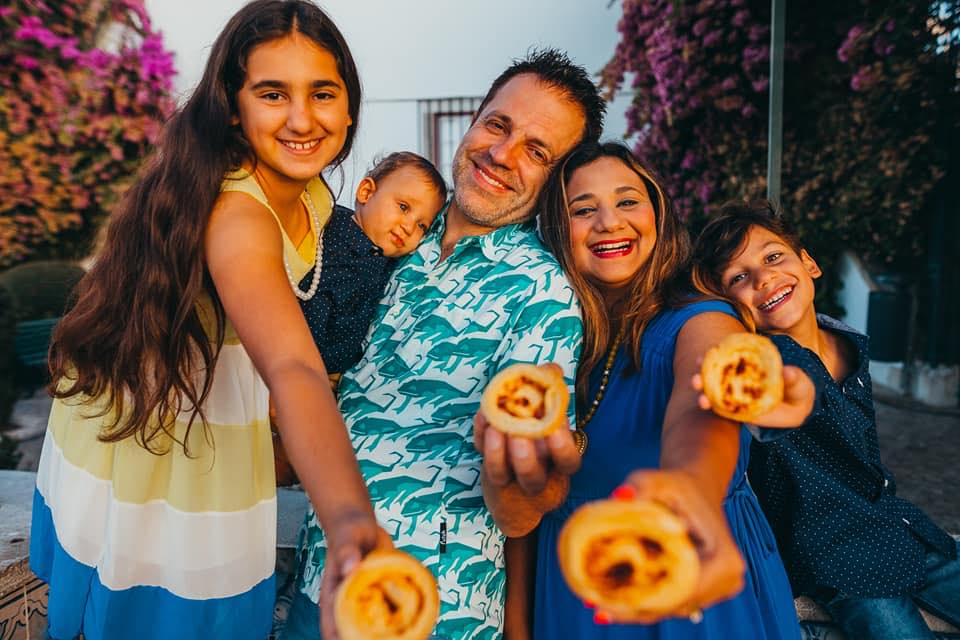
This consists of three important things which I call the 3 C’s: closure, competence and control. Closure is essential towards moving forward adaptively and requires parents to facilitate rituals or ceremonies to say goodbye. The second area that requires attention is helping kids deal with the loss of their sense of competence and to find age-appropriate ways for their kids to develop a sense of self-efficacy in the new country.
Finally, a move abroad also creates a loss of control for many kids, so it’s important to let them get involved in decision making if and when appropriate. This could be as simple as being in charge of packing one box of special stuff, or as complex as weighing in on what neighborhood to live in in the new country.
Your book “This Messy Mobile Life” resonates with many readers. What was the writing process like, and what key messages did you want to convey?
I wrote ‘This Messy Mobile Life’ in between managing an international move from Dubai, UAE to Accra, Ghana in 2018. So not only was I writing about a messy mobile life, but I was also living a messy mobile life.
This was perhaps my biggest challenge in staying on top of my book writing and publishing deadlines, since as anyone who has moved countries knows, it’s a time where you must establish a new routine while undergoing a lot of learning and new experiences.
Ironically, this move helped to make my writing raw and visceral as I was living through it while writing about it. It also helped to emphasize the main message of the book: that each new move forms a new layer of our identity and to focus on what design we are sketching for ourselves in this journey.
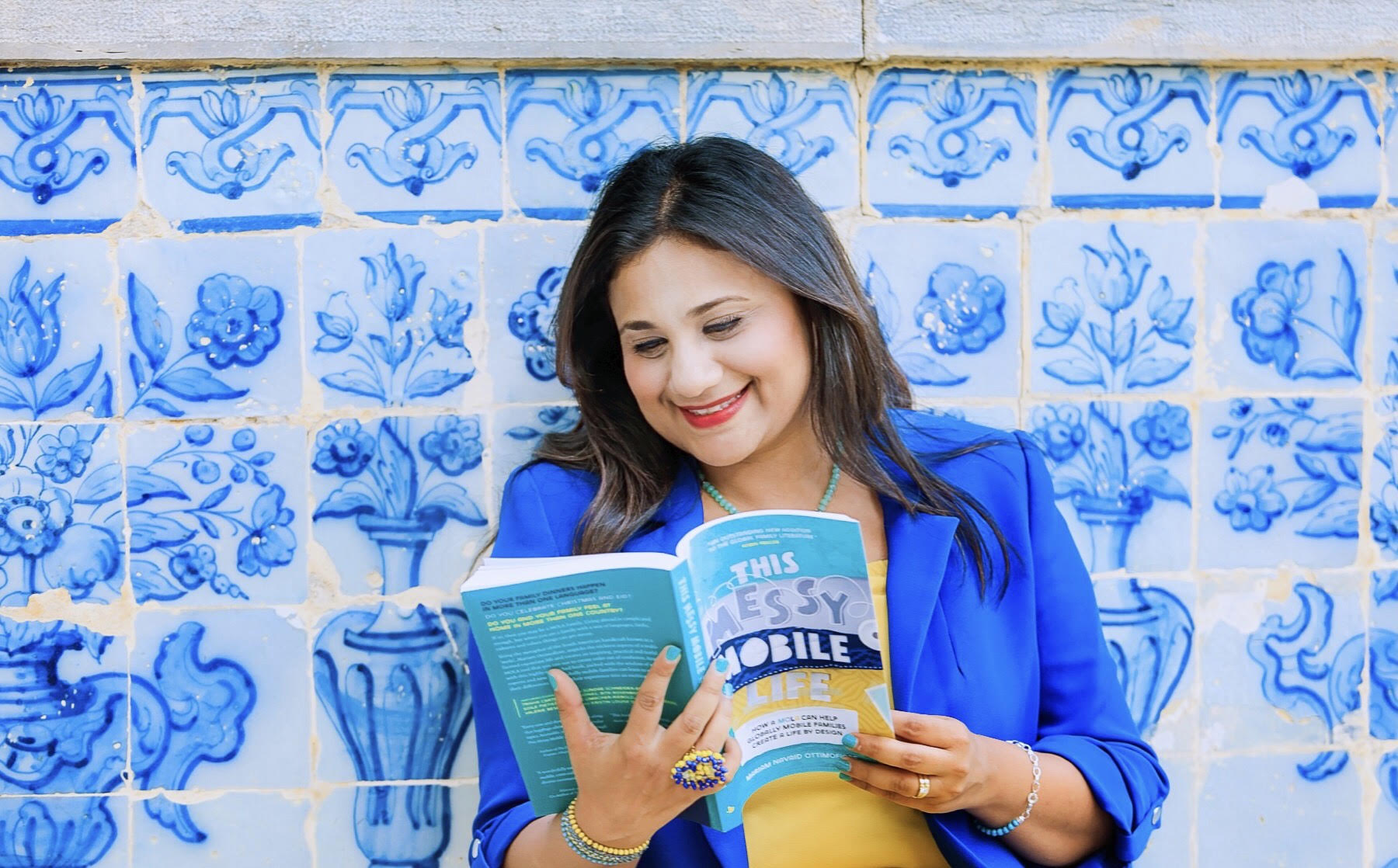
Can you tell us about your debut novel, “The Guilty Can’t Say Goodbye”? What inspired the story, and what themes do you explore in the book?
My new novel ‘The Guilty Can’t Say Goodbye’ was inspired by my time living in Portugal and by this notion that we get a ‘clean slate’ at life each time we move. But do we and can we ever escape our past? When you move to a new place, there is a certain pleasure in anonymity; we can be whoever we want to be.
As a writer, I was interested in what aspects of our identity do we share with others and equally what parts of our personality and history or past do we keep hidden or secret?
This is what prompted me to explore the themes of dealing with guilt, keeping secrets, forming life-changing friendships and leading to the central theme of the novel: can moving abroad give us the courage to embrace and accept our true authentic self and come to terms with who we used to be and who we are becoming?

With your extensive experience living in different countries, what have been some of your favorite places and why?
It’s really hard to choose a favorite place. It’s like choosing a favorite child! If pressed, I think one of my favorite places to live was definitely Ghana. It was my first time living in West Africa and I absolutely enjoyed the experience.
Ghana itself is gorgeous, with so much natural beauty to explore and wildlife to enjoy, and Ghanaian culture was endlessly fascinating to learn about. I enjoyed the slow pace of life, the fresh coconuts, the gorgeous fabrics, the friendly and welcoming locals, the bustling markets and how every day there was an adventure.
I was heartbroken at our premature departure from Accra in the middle of the pandemic and a high-risk pregnancy for me. I hope we get to return there one day and reconnect with our favorite people and places. In the meantime, you can read more about Ghana in my book Guilty.
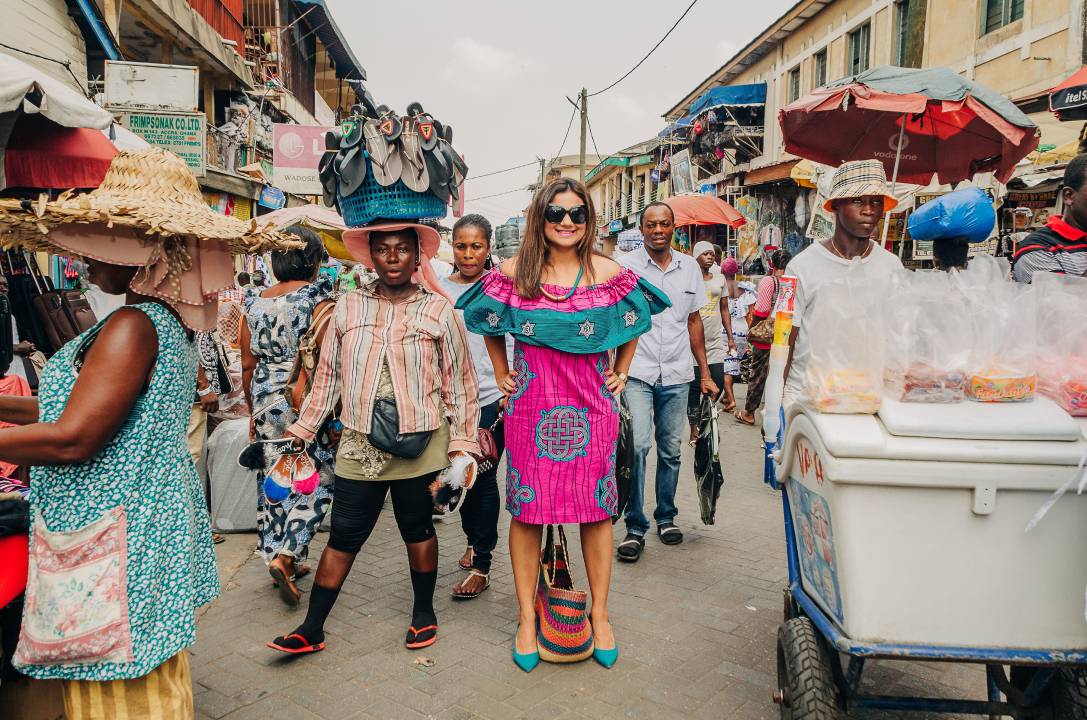
What are your future plans and aspirations, both personally and professionally, as you continue your journey as a global citizen?
As a long-term expat, I never have a five-year plan. I’m not sure where I’ll be five months from now. Regardless of where I will live, my plan is to continue writing professionally because having a portable career is something I value immensely. Being a writer also complements my journey as a global citizen as it helps me to make sense of my ever-changing identity, home and sense of belonging in the world.
